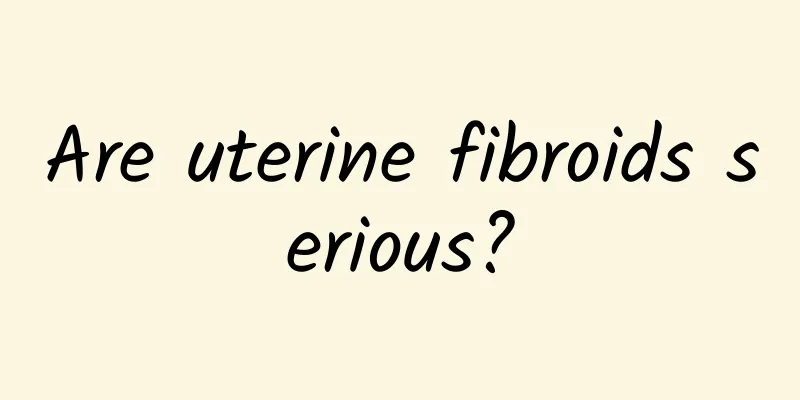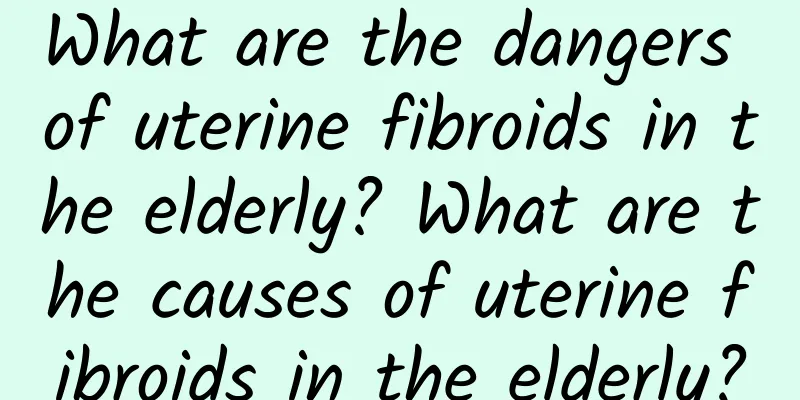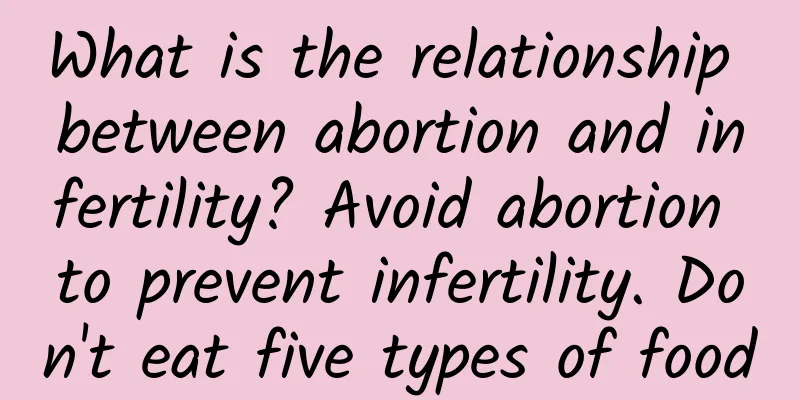Are uterine fibroids serious?

|
Uterine fibroids are a type of uterine fibroids that are not serious. It is a hormone-dependent tumor. The vast majority of uterine fibroids are benign, and few people have a tendency to malignant changes. If you have uterine fibroids, don't worry. According to recent observations, the surgical conditions for uterine fibroids are generally poorly located uterine fibroids, such as poor submucosal fibroids. Depending on the size, it will affect menstruation. Long-term menstrual disorders and anemia will be caused. In this case, uterine fibroid surgery is required. If the uterine fibroid grows under the serosa or intramural, it will not cause physical discomfort or menstrual changes. Regular review every year. If the fibroids grow particularly large, it will affect work and study and affect life. At this time, surgical treatment should be performed according to the conditions. Why uterine fibroids? The cause of uterine fibroids is still unknown, but since this type of fibroids rarely occurs before puberty and slowly shrinks after menopause, uterine fibroids are hormone-dependent tumors, namely female estrogen and progesterone, which easily promote their growth. The occurrence of this disease is also related to genetics, and if the mother or sister has such a problem, it is also easy to develop uterine fibroids. Symptoms of uterine fibroids The most common symptom of uterine fibroids is lower abdominal pain. Sometimes fibroids on the anterior wall of the uterus have a certain impact on the bladder, causing some symptoms of frequent urination and urgency. If it is a fibroid on the posterior wall of the uterus, it affects the rectum, and there will be some feeling of anal swelling, that is, there will be some feeling of convenience. If it is a submucosal fibroid, the menstrual period will be prolonged or the menstrual volume will increase, so the symptoms of uterine fibroids need to be determined according to the location and size of the uterine fibroids. In general, many uterine fibroids, especially subserous fibroids, or some fibroids between the muscle walls, do not stimulate the endometrium or the anterior bladder and rectum, and many are asymptomatic and are generally discovered through B-ultrasound. |
<<: What should I do if I have bilateral ovarian cysts?
>>: How to treat vulvar itching with odor
Recommend
Can I drink saffron tea for irregular menstruation?
You can drink saffron in water in moderation when...
What are the key points of suppository treatment for cervical erosion?
In life, women suffering from cervical erosion wi...
Symptoms of acute pelvic inflammatory disease
Pelvic inflammatory disease is a type of gynecolo...
Make the best use of everything! Watermelon rind salad is refreshing and refreshing
Watermelon rind tastes sweet, light and cool in n...
Nourish your health ≠ replenish fat, eat meat wisely without getting fat stuck
"The weather is so cold, let's go eat mu...
What are the causes of ectopic pregnancy?
What are the causes of ectopic pregnancy? Ectopic...
Experts briefly analyze the hazards of severe adnexitis
Clinically, adnexitis is a very harmful gynecolog...
A female college student's feet became thicker and her belly became bigger, and she thought she was getting fat! It turned out to be lupus erythematosus that caused renal failure, causing edema and dialysis to save his life
If your feet become thicker and your belly become...
Don’t want to ruin your mountain climbing mood? Make these preparations before going abroad or traveling to reduce the incidence of altitude sickness
With the development of information and the impro...
What happens if you go to work immediately after an abortion?
Abortion is a process of terminating pregnancy th...
Is it necessary to do an ultrasound examination for threatened miscarriage?
Is it necessary to do an ultrasound examination f...
Experts briefly analyze the symptoms and characteristics of multiple uterine fibroids
Multiple uterine fibroids are a gynecological dis...
Intermittent exercise is super effective in breaking down fatty liver! Sports and fitness coaches teach 4 movements to improve metabolism
People with fatty liver should be careful that it...
Does pelvic effusion have a big impact on fertility?
When facing pelvic effusion, some patients think ...
Paying attention to these 5 aspects can effectively avoid habitual miscarriage
Habitual miscarriage can affect women's healt...









